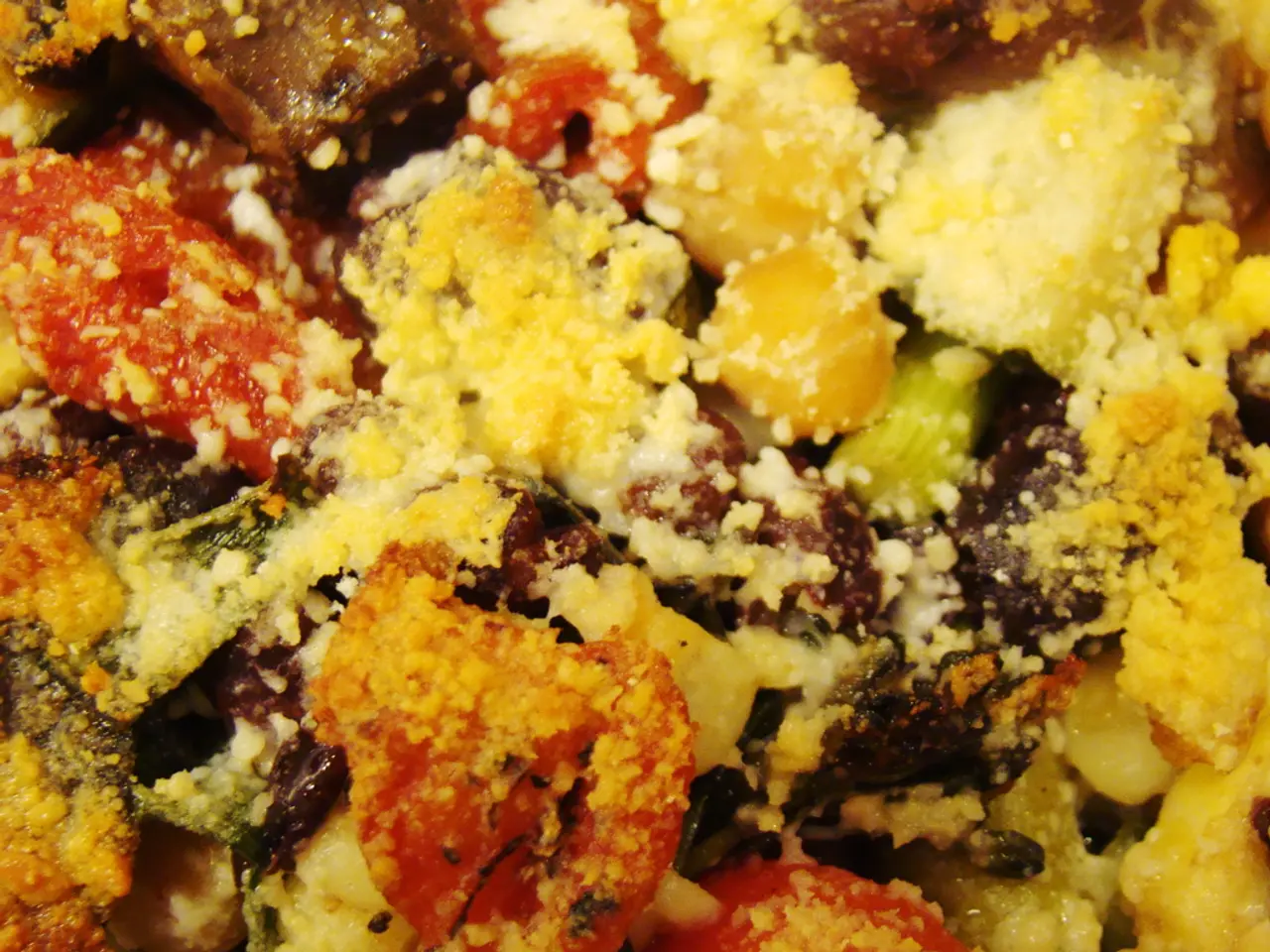Harvest yields of rapeseed and grains are growing in the northern regions
In the agricultural heartland of Schleswig-Holstein, the 2025 grain and rapeseed harvest has presented a mix of successes and challenges.
Ute Volquardsen, President of the Agricultural Chamber of Schleswig-Holstein, expressed concerns about the downward pressure on prices that farmers are facing for their harvest. This pressure, she explained, is due to the exceptionally good harvests worldwide, which have led to low overall grain prices.
Malte Jacobsen, Vice President of the State Farmers' Association, described the harvest as a rollercoaster ride, with both ups and downs. He specifically highlighted the impact of the prolonged rainy period during the main harvest time, which significantly affected the quality of the harvest, particularly for wheat.
The rain in July, Jacobsen noted, was especially detrimental, resulting in much of the wheat being used as fodder instead of for sale. Despite these setbacks, winter wheat saw a strong increase in area, with nearly 2.2 million tons harvested, an increase of 24% compared to 2024. Winter rapeseed yielded around 239,000 tons, a slight decrease compared to average, but farmers harvested three percent more than the previous year, despite a reduction in cultivation area by 11%.
Jacobsen called for a discussion about the so-called CRISPR/Cas method, a technique that has been used to switch off a virus-susceptible gene in winter barley. He suggested that breeding could lead to plants being more resistant to climate changes, offering a potential solution for farmers facing such challenges.
Researchers at the Leibniz Institute for Plant Genetics and Crop Plant Research (IPK) in Saxony-Anhalt have already successfully used the CRISPR/Cas method in winter barley.
Minister of Agriculture Werner Schwarz emphasized the importance of food security over maximum yields in light of climate change and global market changes. He emphasized that poor quality wheat is of little use if it cannot be processed into bread.
A suggested solution for farmers is to store their grain and sell it in multiple installments throughout the year to spread the risk. However, Schwarz acknowledged that this grain storage and sale strategy is still a "huge problem" for all pure arable farming operations.
Volquardsen, on a more optimistic note, expressed hope that demand in Germany and abroad will increase, which could help farmers facing financial losses. Even with an optimistic wheat price of 170 euros per ton, farmers would still face a loss of over 400 euros per hectare after deducting all costs.
Jacobsen, the Vice-President of the Farmers' Association Schleswig-Holstein, also emphasized the need for breeding to create plants more resistant to climate changes, which could help farmers in the future.
In conclusion, the grain and rapeseed harvest in Schleswig-Holstein yielded around 2.4 million tons, an increase of 391,000 tons (19%) compared to the previous year. While there were successes, such as the strong increase in winter wheat and winter grain, there were also challenges, such as the impact of the rainy period and the low overall grain prices. Farmers in Schleswig-Holstein are facing difficult times, but there is hope for the future with potential solutions such as the CRISPR/Cas method and increased demand for their products.
Read also:
- Deepwater Horizon Oil Spill: BP Faces Record-Breaking Settlement - Dubbed 'Largest Environmental Fine Ever Imposed'
- Cars' Environmental Impact Explained
- Fossil fuels remain the primary energy source for heating in Baden-Württemberg
- Expansion of railway systems, implementation of catenary systems, and combating fires: SNCF adapting to the summer heatwave








